The influence of the family and of the people who interact with children will be fundamental to stimulate the development of all functions and psychological processes involved in learning. In this article educator and therapist Amado Álvarez Vázquez will guide us into the learning process of students with special educational needs.
What is learning?
The definition and conceptualization of learning has been developed by various authors from different areas of human knowledge throughout history. All these definitions share the importance of the influence exerted by the educational forces that interact with the child from birth.
The combination of the organic and functional characteristics of each individual’s organism and the social stimulation exerted by the socio-familial environment in the development of each child are fundamental forces that determine the progressive or non-progressive development of learning mechanisms and styles.
For Lev S. Vygotsky (1896-1934) learning occurs through social interaction, the development of language, communication and interpersonal relationships. Vygotsky states that it is through educational influence and social relationships that children acquire and develop new cognitive competencies as a logical process of adaptation and reaction to an essentially social way of life.
The process of learning
Learning involves the participation of basic processes such as the reception and proper processing of information received from the surrounding environment, the elaboration of adaptive responses that provide effective solutions to the challenges of daily life, the storage and transfer of information transforming it into a system of knowledge and the habits and skills necessary for the development of all the individual’s potentialities.
Learning must be active, interactive, and require each individual to establish connections between all the systems and processes that are involved in neuropsychological activity.
We learn based on experiences and life events throughout daily life. Psychic activity develops from the variety, quantity and quality of stimuli from the physical, social and cultural environment that surrounds us.
The importance of language
The formation and development of language plays a major role in the learning process. Language is a link and facilitator of the transmission of knowledge and human experience. Language in its social, symbolic, communicative, cognitive functions, etc., constitutes a great resource for learning. As Vygotsky pointed out: “Language is the material envelope of human thought”.
We learn from the moment we are born until we die. The quality of the educational influences received as driving agents of learning is an important point of analysis in the more particular case of students with special educational needs (SEN).

Subscribe
to our
Newsletter
Students with special educational needs (SEN)
The moment of starting school life is a great challenge for children. Entering school brings major changes in their lives and those of their families. Their social relationship system expands and new figures appear with different functions according to the role they play in their interaction with the children.
Behavioral changes that school life entails
In addition to the expansion and enrichment of interpersonal relationships, schoolchildren must learn to follow rules and instructions typical of school life.
Spending a certain part of the time seated, paying attention in a stable and concentrated way to the teacher’s explanations, participating in an orderly way during lessons, interacting appropriately with classmates, showing behavior appropriate to the educational demands of the school, following schedules for carrying out all activities, transitioning from one school activity to another (changing from one subject to another, going out to the playground for physical education lessons, etc.) without these changes causing disturbances in the flow of tasks to be carried out.
In addition, they will have to assume new responsibilities that are very important in their new role as students. Maintaining proper attendance and punctuality, correct use of the school uniform, completing academic assignments, being responsible for school materials, among others.
Academic difficulties and the search for solutions
Within the school population we find students who for various reasons present greater difficulties in responding to the demands of school life. Teachers and educational staff in general plan and implement a system of educational intervention strategies that should help these students overcome their difficulties within a period of time determined by the educators, serving as instructional support to achieve the academic goals proposed by the grade level.
Many of these students respond positively to these interventions and begin to progress academically at the pace of their classmates. In other cases, these educational interventions are not sufficient to resolve the contradictions that hinder the development of these students’ learning process.
In such circumstances, it becomes necessary to seek help from other professionals: pediatricians, neurologists, psychologists, psychiatrists, speech therapists, audiologists, therapists, special education teachers, etc.
The nature of special educational needs and school adaptation
When looking for the causes that give rise to learning disorders a multidisciplinary evaluation process begins.
During a period of time various medical, psychological and pedagogical research techniques and instruments will be applied to discover the nature of these difficulties. Arrive at a diagnosis and propose recommendations that contribute to the activation of the psychological processes involved in the learning process, using suitable methods, methodologies and didactic procedures to facilitate school adaptation and the achievement of the academic objectives of each grade.
Curricular modifications
This group of students will receive instruction with the most appropriate accommodations and curricular modifications according to their special educational needs (SEN), from a team of education professionals specialized in the search for educational strategies to solve learning problems.
All of us in general are special beings, since we have different personalities, we are unique and unrepeatable, and we also enjoy diverse and varied talents. The population with special educational needs requires special teaching resources and methodologies adapted to their individual characteristics to achieve success in learning.
In these cases a teaching-educational process is proposed and developed attending to the principle of the individualized and differentiated approach to teaching, which responds to the individual needs of each student and the particularities of their medical conditions if any.
Characteristics of the population with special educational needs
Among the characteristics of the population of students with special educational needs we can mention the following:
Students with special educational needs (SEN) differ in levels of ability, ages, learning styles, learning pace, etc.
Those who receive special education services qualify for programs based on their individual learning needs. Students with special educational needs should be evaluated by a multidisciplinary committee that drafts an individualized education plan. It should detail and specify:
- the educational needs they have,
- the methodologies recommended for their teaching and education,
- the type of classroom they should attend,
- the qualified educational staff to work with them, whether or not medical conditions are present,
- current or past treatments with medications,
- accommodations and curricular modifications to meet the academic objectives of each school level.
- They require therapy services in addition to the education services planned and detailed in the individualized education plan. On occasions they need to be evaluated and diagnosed by speech and language therapists, occupational therapists, behavior therapists or mental health psychologists.
- Depending on the degree of disability will be the accommodations and resources they need, since they may require adaptations and accommodations that are much more complex. Medical devices to correct and/or compensate sensory deficiencies (blindness, visual impairment, deafness, hearing loss), wheelchairs, lifts, oxygen equipment, presence of health personnel, etc.
- It is very common to find a difference between their chronological age and the individual characteristics in their academic performance. On many occasions they repeat grades for not being evaluated at the very moment when they begin to show difficulties in the learning process.
Educational intervention for students with special educational needs
Educational intervention is the set of methods, methodologies and didactic procedures selected to guide the learning of students with special educational needs (SEN) taking into account their individual particularities, their talents and potential to learn, as well as the areas that need greater stimulation and activation to achieve success in the learning process.
Methodological recommendations to stimulate learning in people with special educational needs
Below, we mention some methodological recommendations to stimulate interest in the study activity and activate the psychological processes that intervene in learning.
Study, analysis and follow-up
The study and analysis of all the medical and pedagogical documentation of students with special educational needs (SEN) is a very important premise to begin the process of selection and planning of the educational strategies to be implemented as part of the intervention plan.
In addition to the individualized education plan, conferences should be held with the student and their family, diagnostic academic tests should be administered and observations should be made during school hours.
Educators should agree on the frequency with which they will meet to monitor progress and the effectiveness of the intervention strategies applied, in order to keep a record of the methodologies and procedures that are most effective for the learning of each student with special educational needs.
Planning and preparation
The planning and preparation of lessons should be aimed at stimulating the motivation and interest of students in the proposed activities:
- Lessons should be enjoyable, interactive and include a variety of pedagogical resources,
- Attractive teaching media,
- manipulative materials (blocks, geometric shapes, etc.),
- technological resources (interactive whiteboards, tablets, etc.) contribute to the cause.
Environment
The teacher should create a pleasant atmosphere, where students feel safe, confident, responsible and where there is a harmonious relationship with their classmates.
Positive comments (positive reinforcement) are vital to develop social skills and raise children’s self-esteem, who given their individual characteristics need a set of accommodations and curricular modifications to develop their cognitive competencies.
Lesson content
Lessons should stimulate cognitive processes: sensory perceptions, representations, memory, thinking, imagination, in addition to the special processes: attention and language.
Likewise, activities should be developed aimed at the activation and development of affective competencies, emotional intelligence, social skills, interpersonal relationships, communication and the development of higher feelings and civic values.
Tasks should be proposed that have an appropriate balance and adjustment between two very important indicators when carrying out educational work based on the individualized and differentiated approach to teaching for students with special educational needs (SEN):
- The volume of the assigned academic tasks proposed: number of exercises during the lesson,
- the complexity of the didactic content worked on during each class: knowledge, skills, abilities, competencies and attitudes that students must acquire during the teaching-learning process.
The planning of educational interventions by teaching staff working with students with special educational needs (SEN) is an effective methodological way to stimulate the learning process and achieve the academic and educational objectives proposed at each stage of their school development.
If you liked this post about special educational needs, you might also be interested in reading these articles:
“This article has been translated. Link to the original article in Spanish:”
El aprendizaje en estudiantes con necesidades educativas especiales
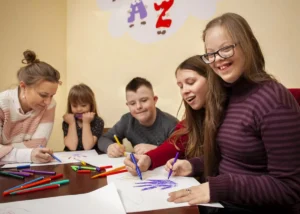
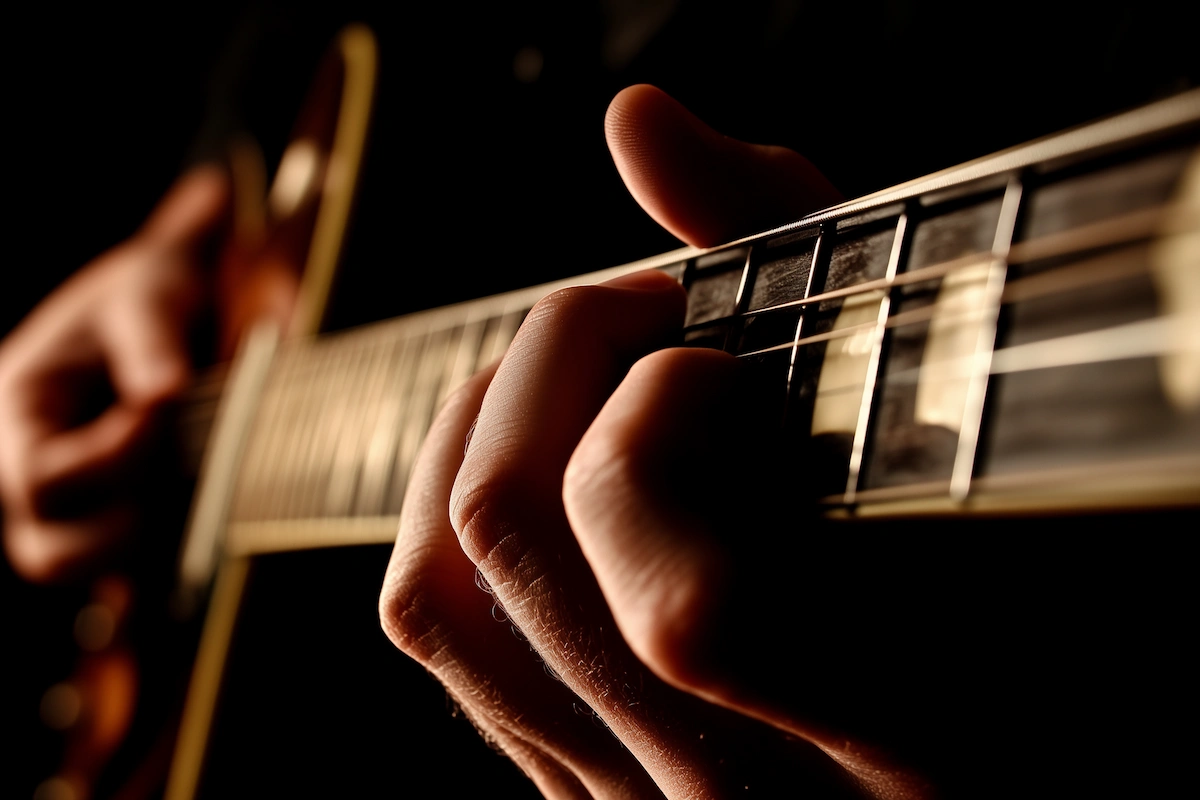
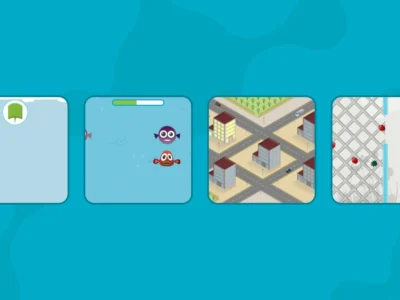
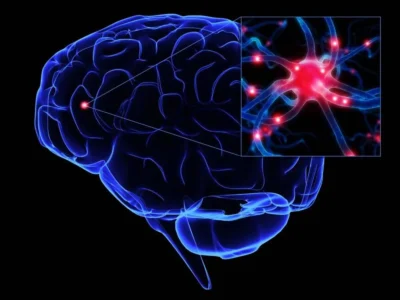
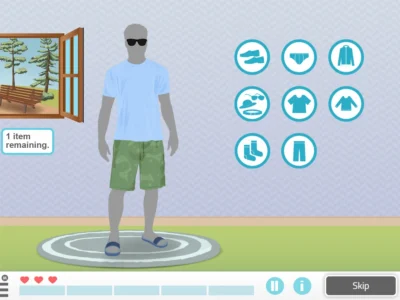
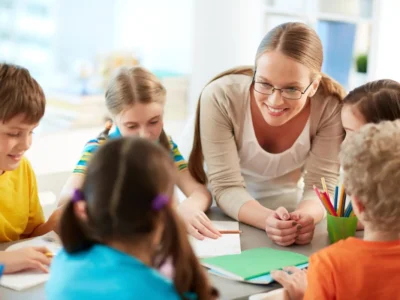

 [UPDATE] We have improved the User Management section and added new payment methods!
[UPDATE] We have improved the User Management section and added new payment methods!
Leave a Reply